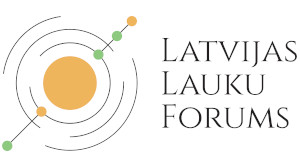About project
- Executer: Baltic Center for Media Excellence
- Project title: Media literacy assessment, policy recommendations and integration into the education system
- Regions of execution: Latvia
- Project budget: 104 928.59
- Project status: Closed
- Cooperation partners from donor countries:
- Project contact person: Diāna Kraiņeva, e-mail: diana.kraineva@bcme.eu, ph.: 25929426
The main goal of the project is to improve media and information literacy (MIL) skills in Latvian society with four key activities: 1. Within the project, undertake qualitative analysis and evaluation of state and NGO sector initiatives in the field of MIL; 2. Analyze the Norwegian and Finnish experience in developing national MIL policies, its institutional framework, and implementation mechanisms, to prepare policy recommendations to the government on how to develop a comprehensive and interinstitutional MIL policy in Latvia 3. Based on the research, bring together representatives of the state and NGO sector and develop recommendations for the MIL section of the Latvian media policy guidelines which should enter into force in 2023;; 4. The final activity of the project is the development of methodological materials and courses (in-person and digital) for general education teachers, thus providing support for a qualitative integration of media and information literacy in the curriculum of general education. A study of existing MIL activities will help the government and the NGO sector to identify which activities are successful and sustainable, and the information gathered on all actors in the field will create synergies. Research-based recommendations will also be made, firstly for the MIL policy section of the national media policy guidelines and secondly for policy recommendations to the government on how to develop a coordinated and effective policy in this area, involving both public authorities and academia and NGOs. The current school study program (Skola2030) requires an increased media literacy but lacks methodological materials and teachers' skills to integrate MIL into the curriculum. Therefore, the courses and methodological materials provided in the project will be an important support in the work of teachers. The project will be implemented together with the Norwegian Human Rights Academy and the Riga Graduate School of Law.










